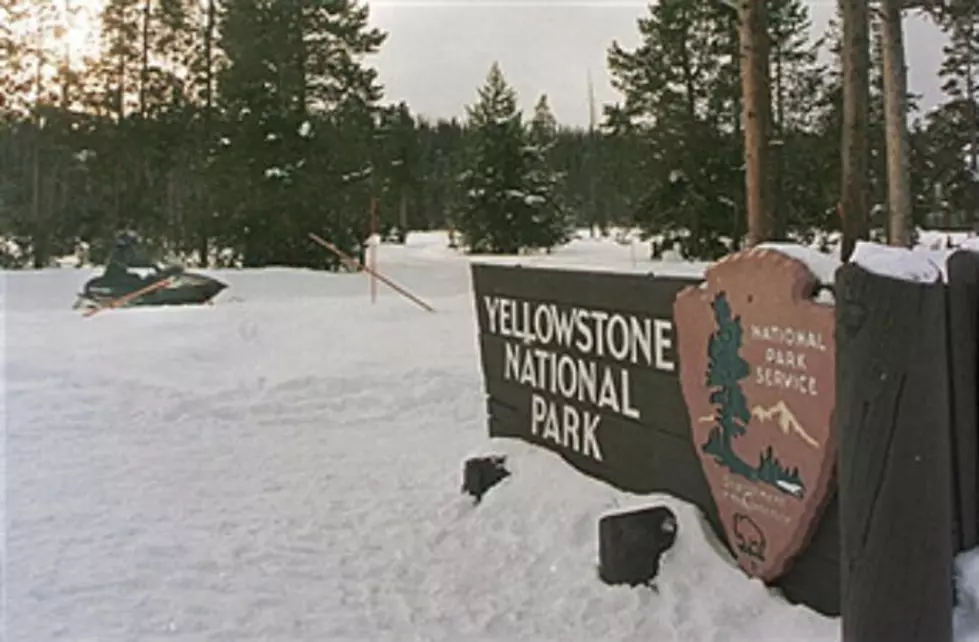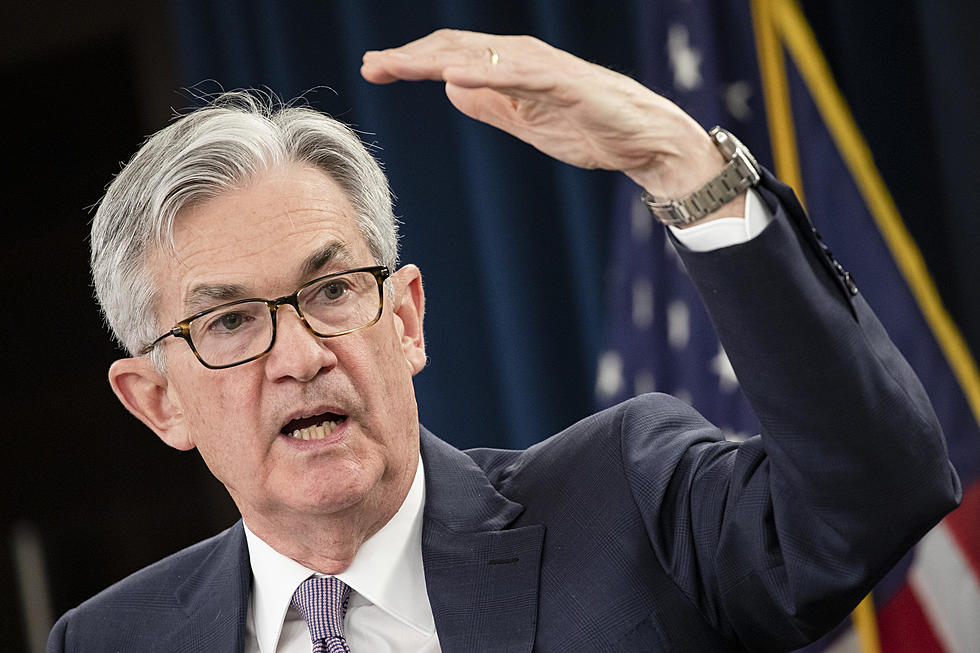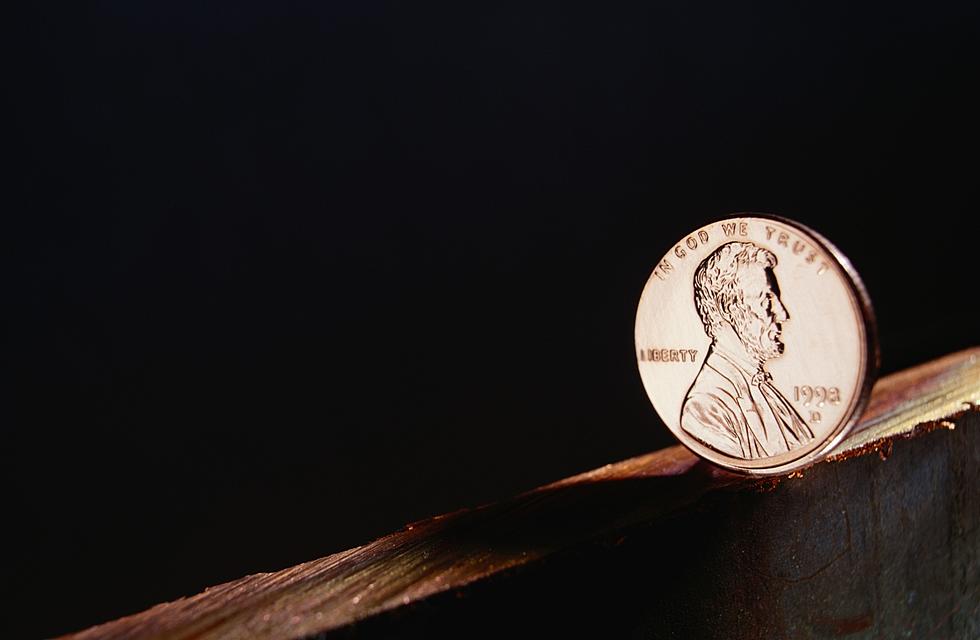
National Parks Get Boost in President’s Budget
Efforts are underway at Yellowstone and more than 400 sites across the country as the nation prepares to celebrate the 100th birthday of the National Park Service (NPS) next year.
To ensure the parks are prepared to host an expected influx of visitors celebrating the NPS Centennial, President Obama today sent Congress a request for a $3 billion dollar budget for the NPS for 2016, a $432.9 million increase over the current year’s budget.
Park-specific details of the President’s 2016 budget proposal won’t be available for a few more weeks. The base operating budget for Yellowstone for the current fiscal year is just over $34 million. It represents a significant return on investment for American taxpayers, when you consider that it translates into more than $380 million a year in visitor spending in communities near the park. That spending supports 5,300 jobs in the local area, according to a recent economic impact report.
“This budget proposal is important to Yellowstone and the entire National Park Service,” said Steve Iobst, Acting Superintendent of Yellowstone National Park. “Across the country, the National Park Service protects hundreds of special places that preserve, protect, and share the story of America with our own citizens and with visitors from all around the world.”
The President’s budget proposal supports the National Park Service as it works to engage those individuals who will be the next generation of park visitors, supporters, and advocates. It includes funding to put hundreds more seasonal employees in the familiar Green and Gray uniform to work to serve visitors. It also would provide $40 million in federal matching funds for NPS Centennial Challenge projects, which are designed to leverage partnerships with organizations like the Yellowstone Park Foundation, to bring additional funding to support our national parks.
Yellowstone is just one of 405 national parks, 23 national scenic and national historic trails, and 60 wild and scenic rivers the National Park Service is charged with preserving for their cultural and historic significance, scenic and environmental worth, and educational and recreational opportunities.
More From K2 Radio









